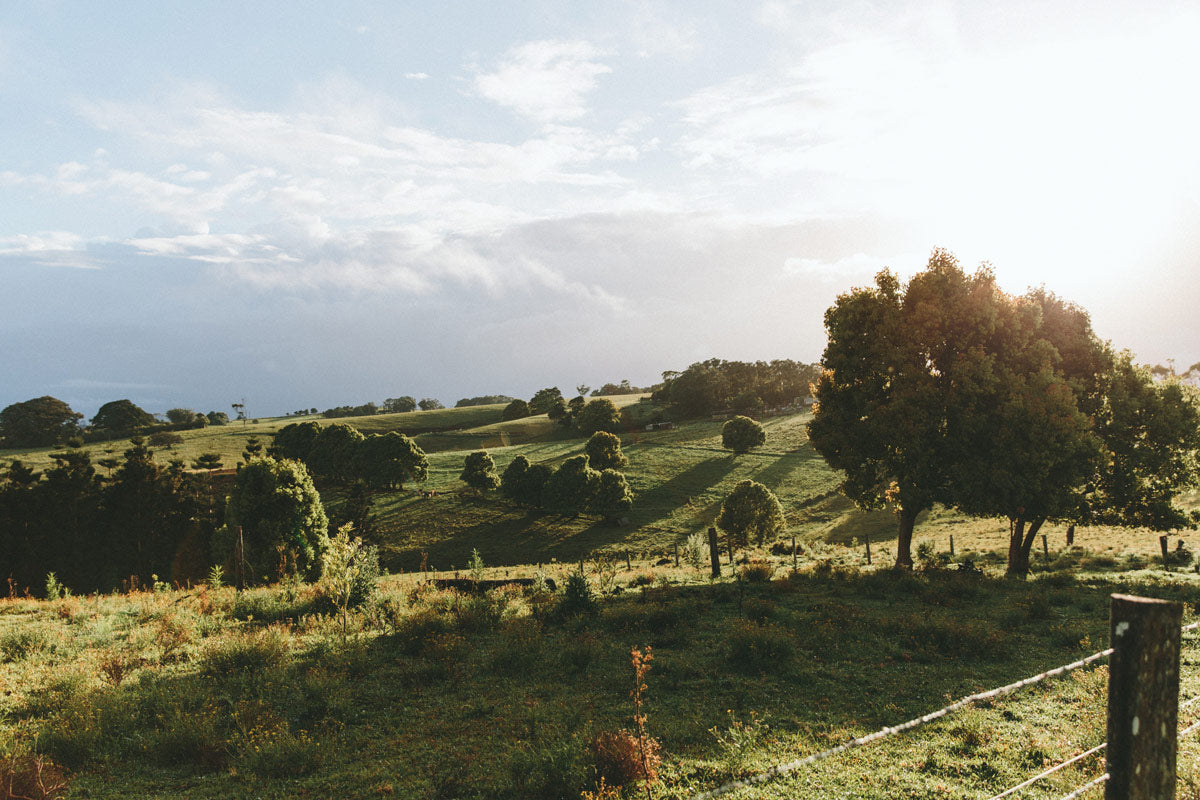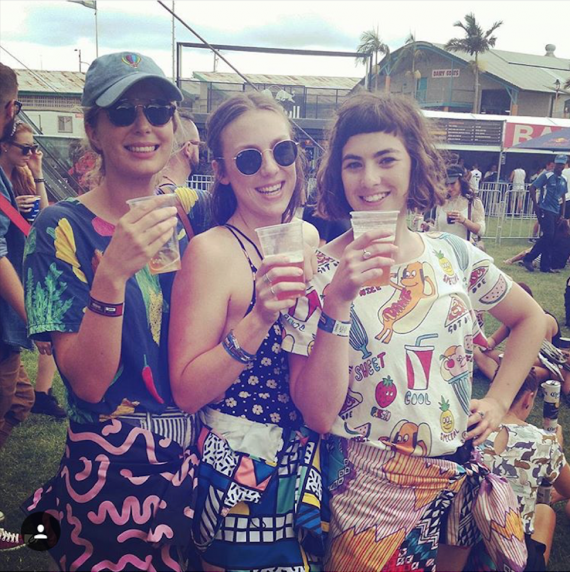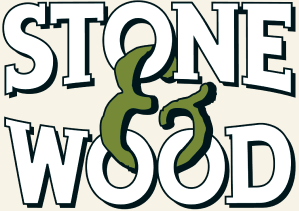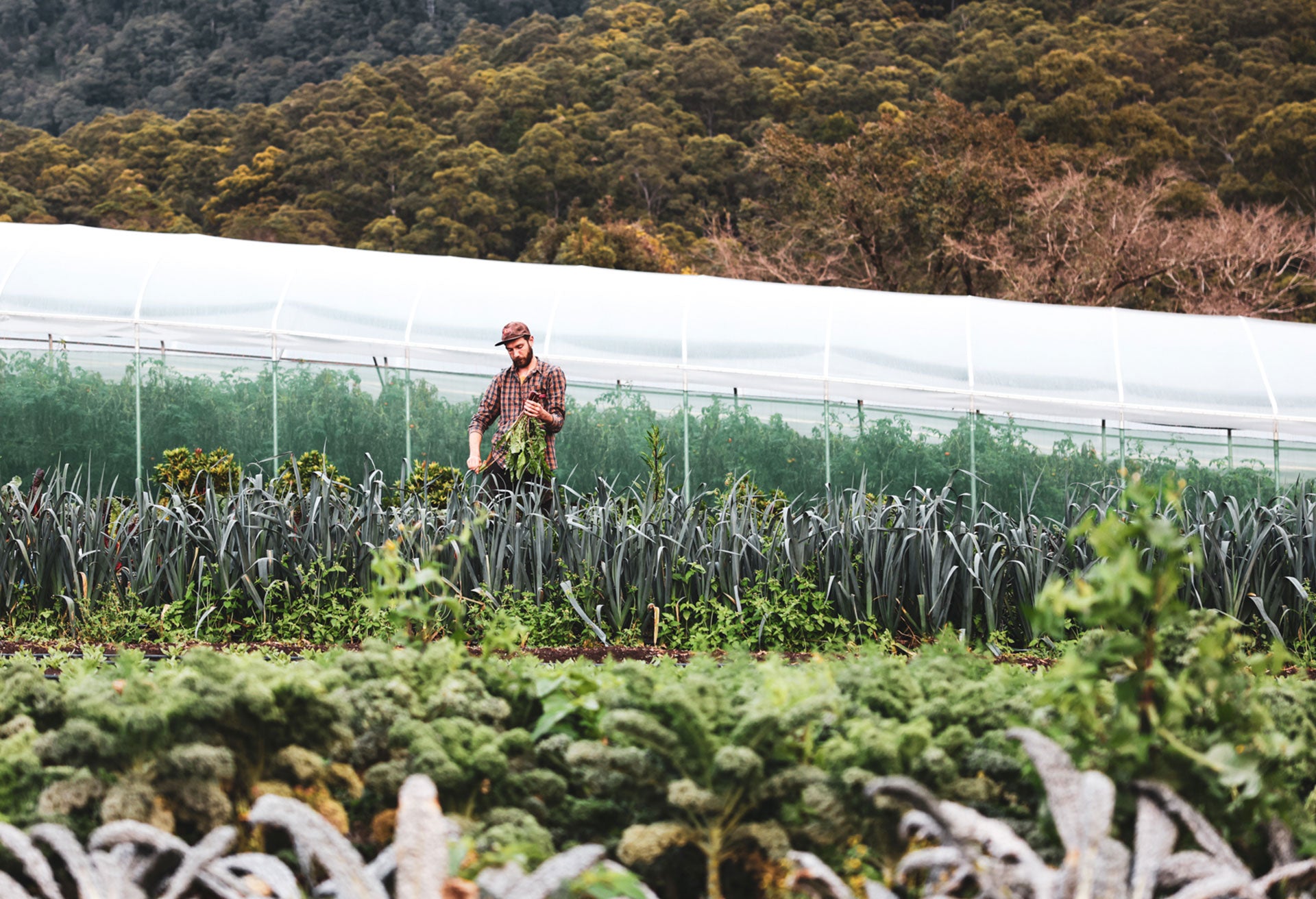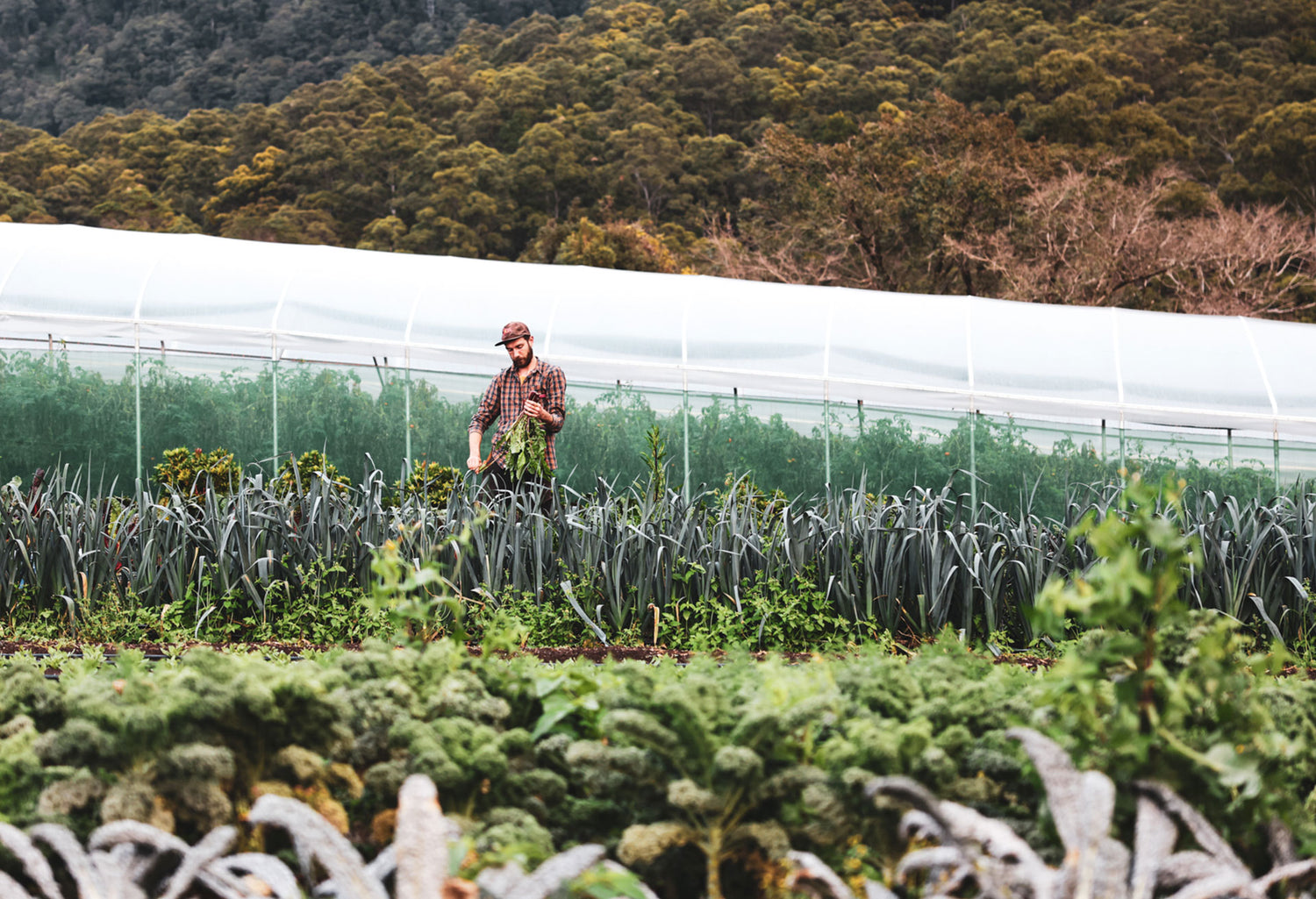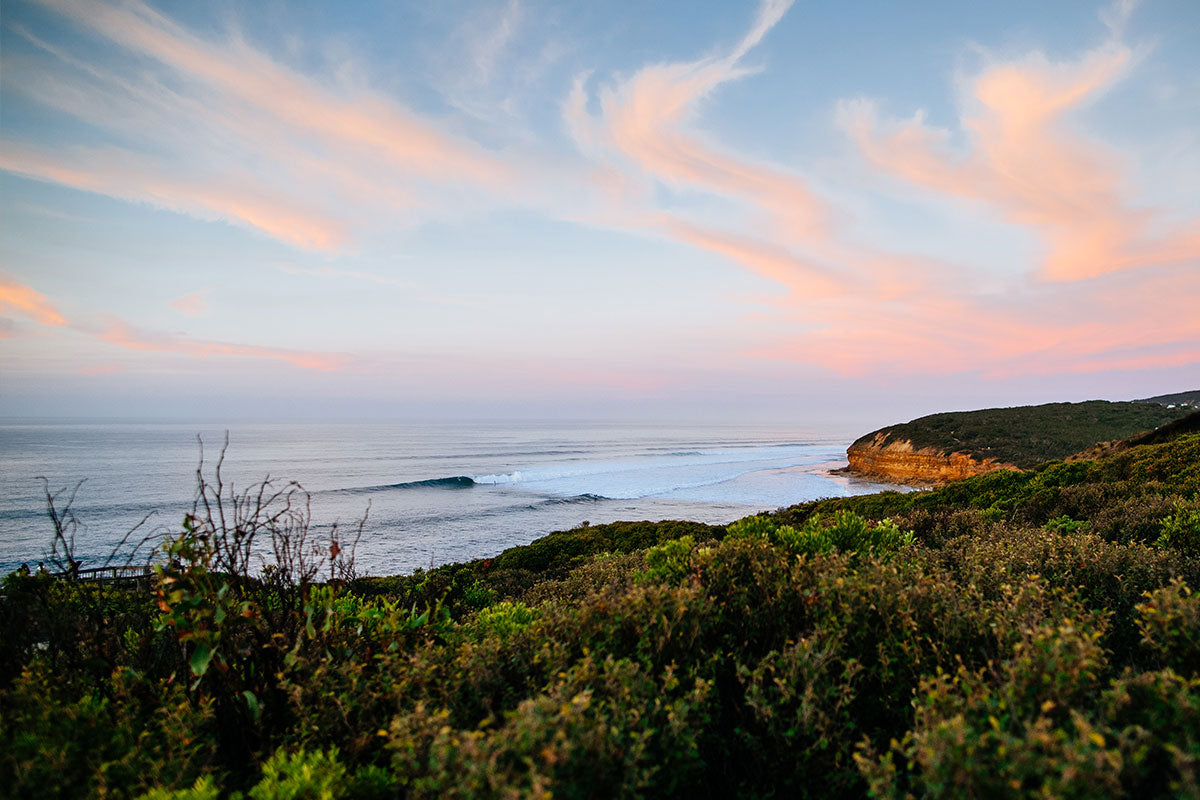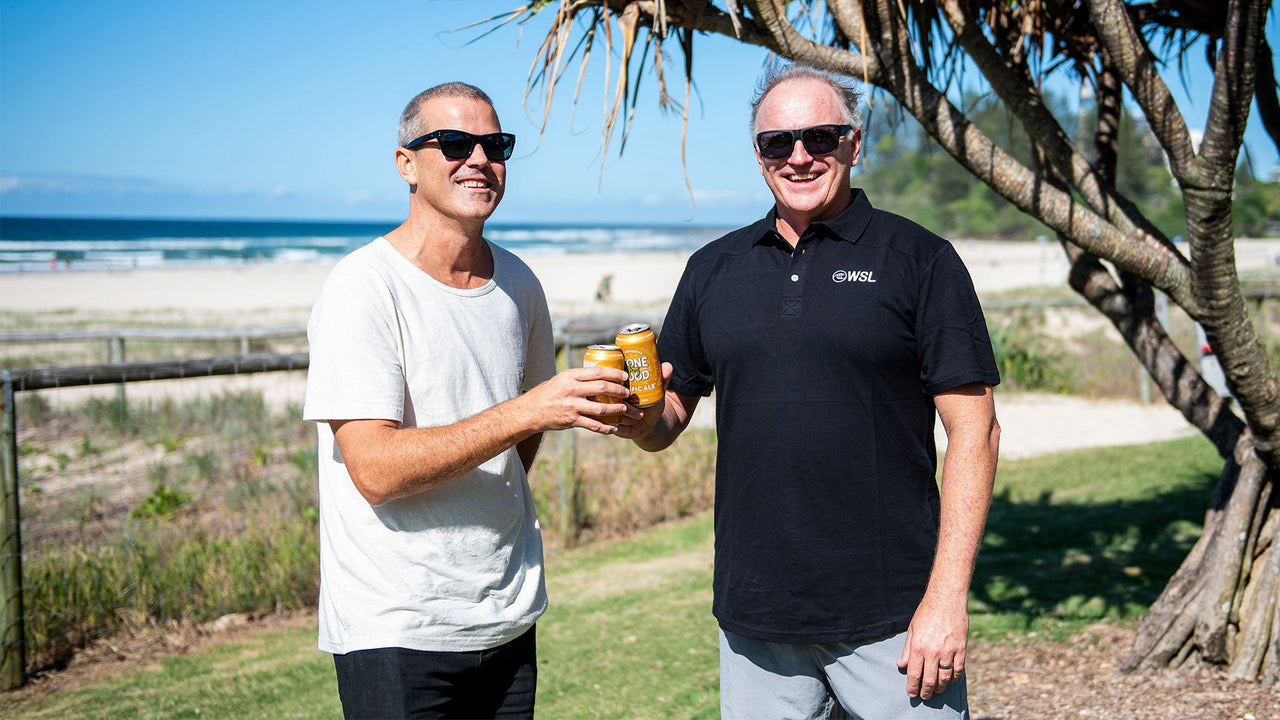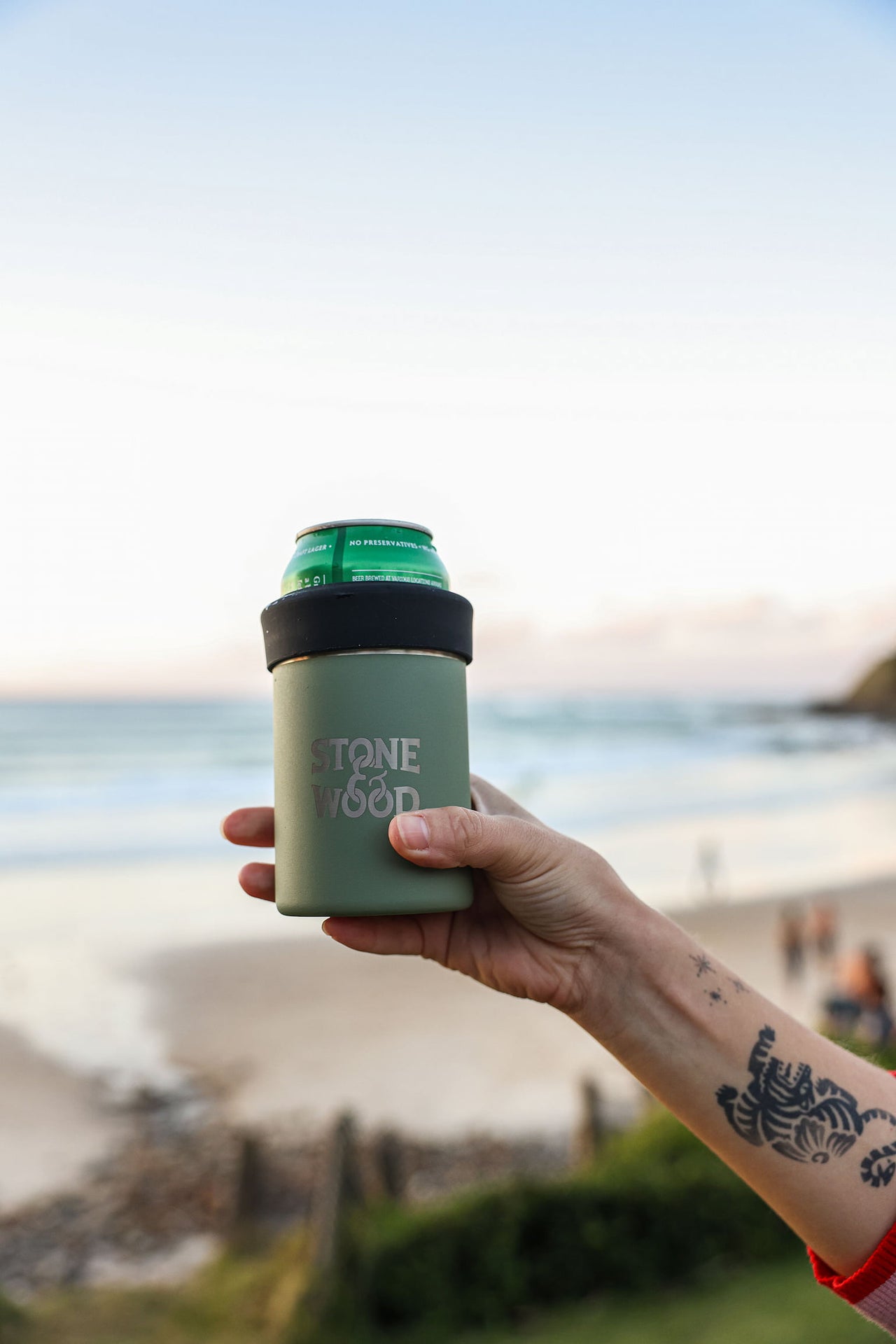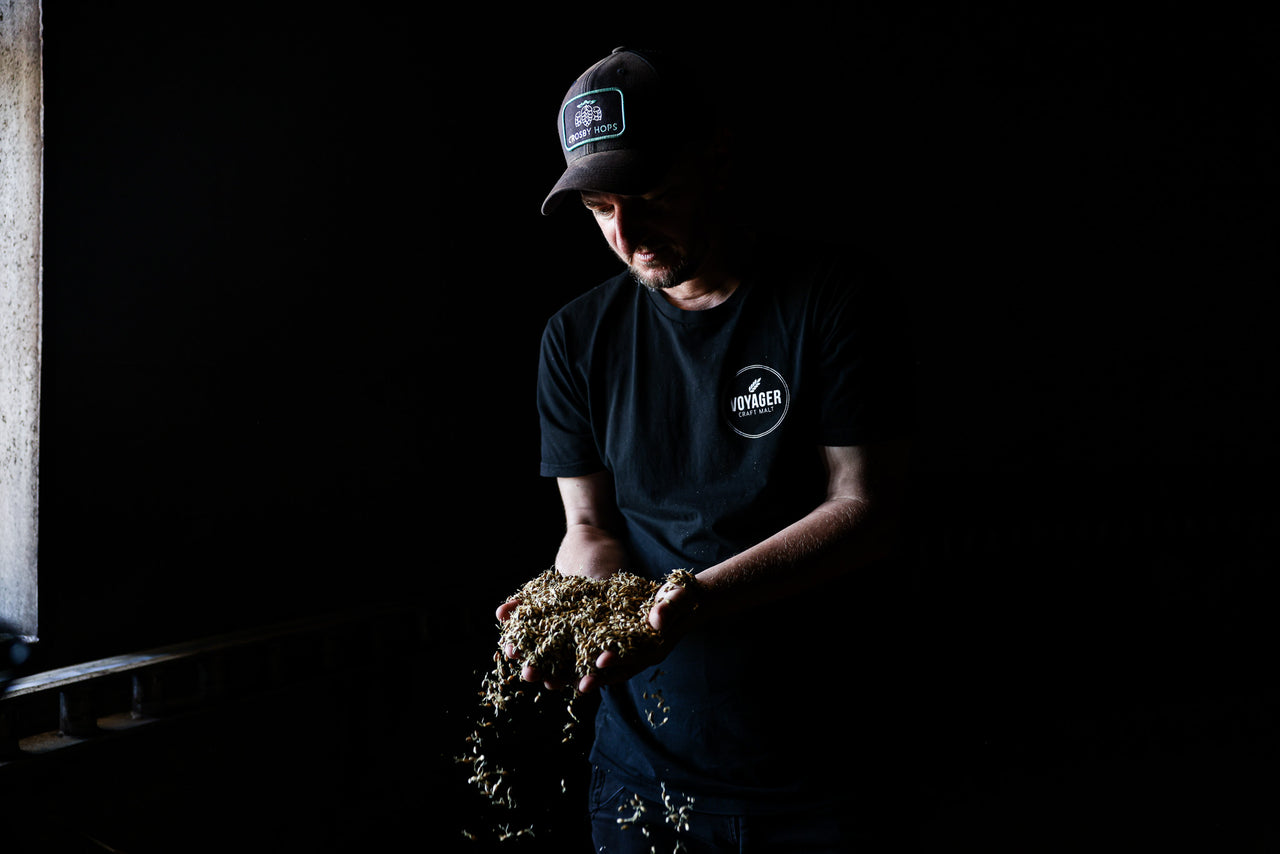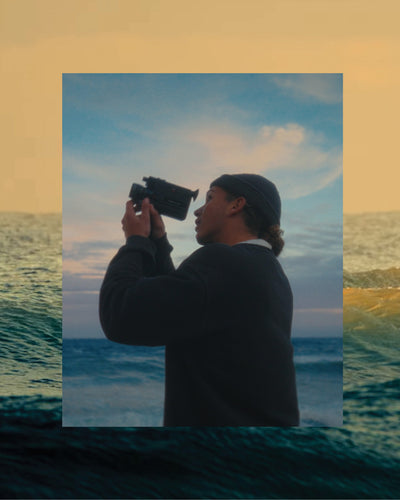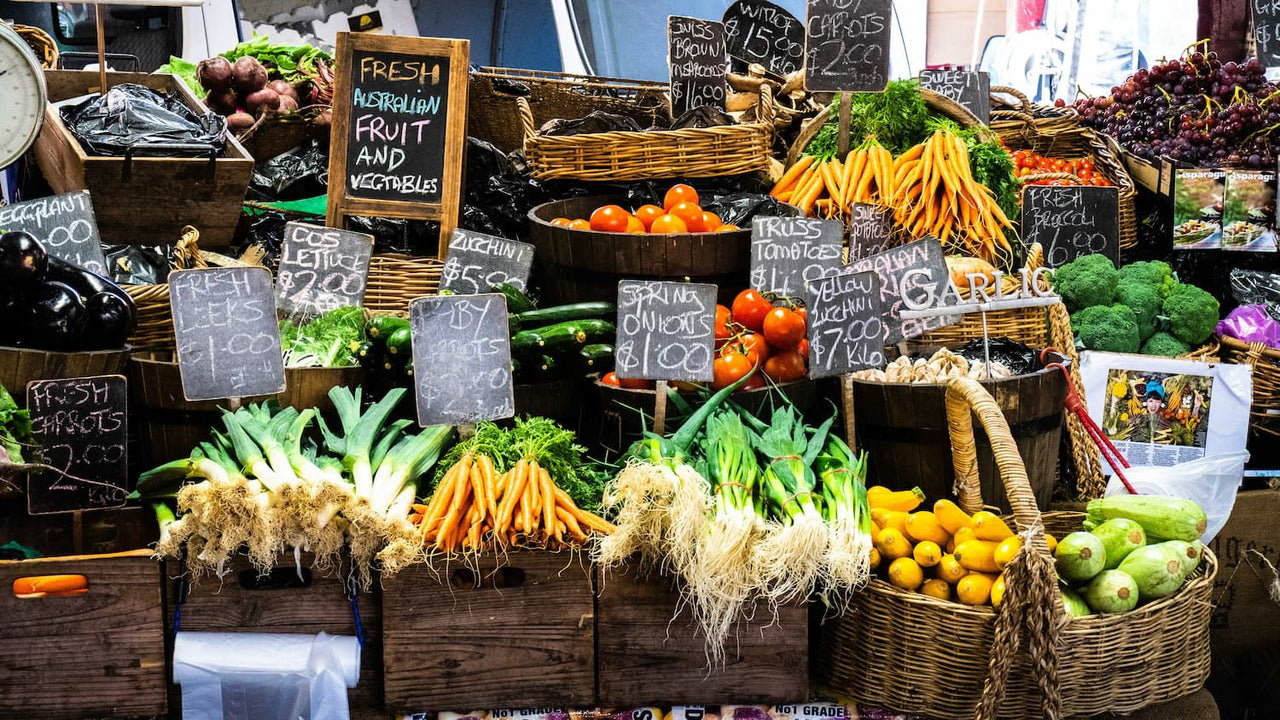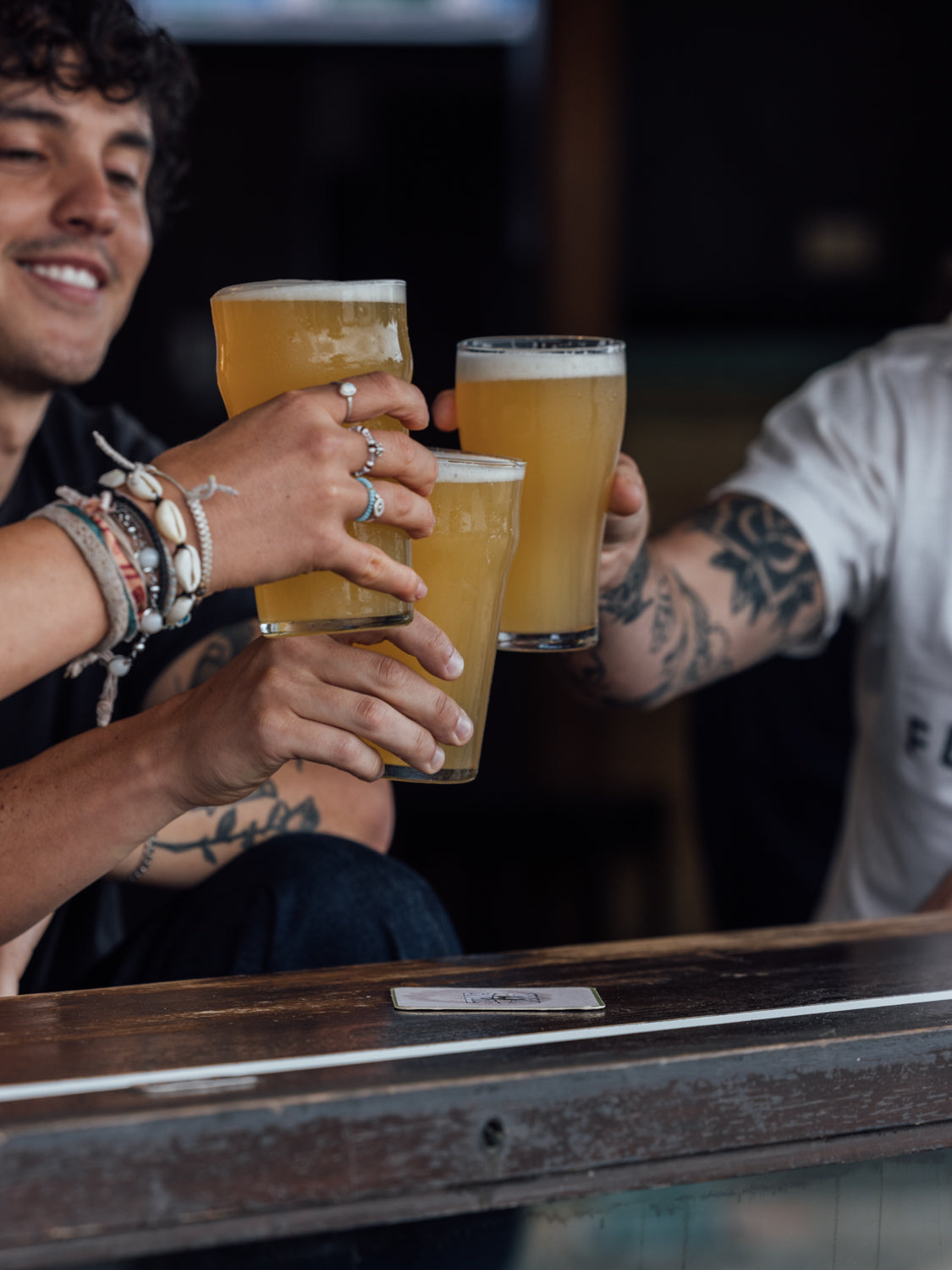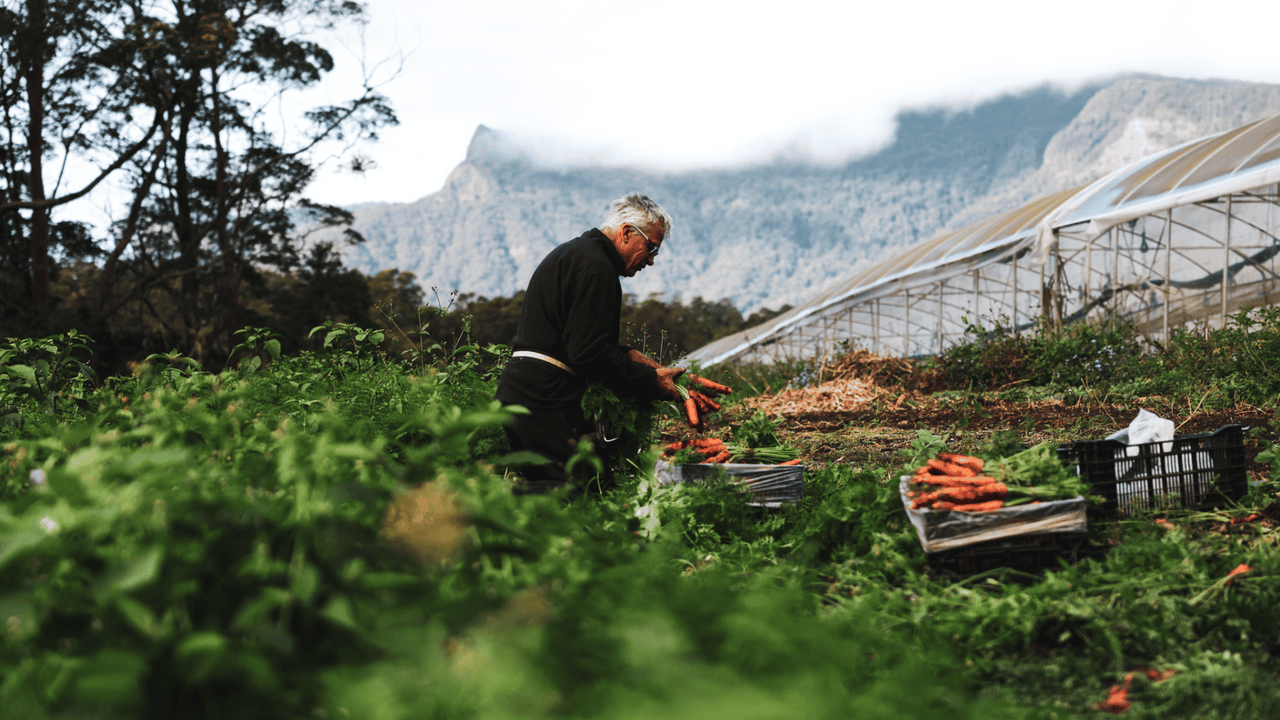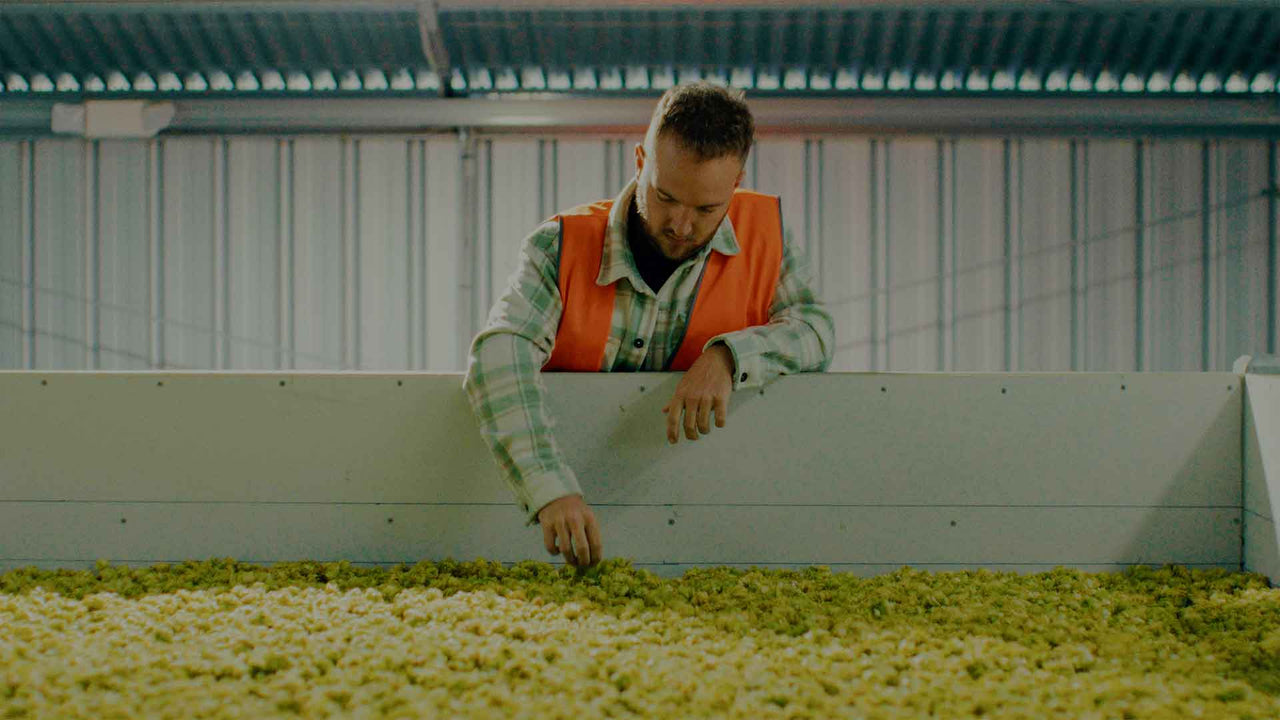Welcome to Stone & Wood’s Regenerating Our Backyard Series, a look into the ways in which the coldie in your hand can help create a better future for the environment that supports us.
As a business, we’ve aimed to tread lightly on the earth since Day One. We’ve taken measures to reduce our reliance on traditional energy sources and produce less waste, but how can we do better? By thinking outside the box and working with like-minded friends from the farming and brewing communities, we’re making new pathways into a greener future.
In this, our first episode from the series, we look at how our brewers and a network of local farmers work together to close the loop on waste and produce some of the richest soil in the Northern Rivers.

As part of the brewing process, each tank of delicious Pacific Ale produced also creates a yeast waste byproduct. In 2015, rather than committing this product to traditional waste systems, Stone & Wood teamed up with local legends, Coastal Feeds, to take the nutrient-dense waste from all our beers to create a rich compost for organic farmers.
Hamish Brace from Coastal Feeds said their core goal is to continually improve the quality of soil health for farmers and the yeast waste from Stone & Wood beer is a key ingredient towards achieving that.
“Because you’re brewing quality beer (no preservatives etc) you’re using good materials and that’s always in my favour to produce a good compost.”

From the hands of Hamish and team at Coastal Feeds, this beer-boosted compost goes on to feed the rich fields of local organic farmers, like Rod Bruin of Summit Organics.
The rich compost delivery helps tackle what is a big concern for Rod and many sustainable farmers - the limited nutrient life of soil. Working with a finite resource, farmers like Rod believe that tying up nutrient loops, like replenishing the soil with our brewer’s waste, is a way we can give back to soil’s health and keep the nutrient cycle going.
“The Stone & Wood compost brew we get off Coastal Feeds it’s the highest nutrient compost of any of the composts available locally,’ said Rod.
The whole point of compost in sustainable farming is we’re not feeding the plants, we’re feeding the soil. And in the soil is the microorganisms and the fungi, they’ll feed the plants. They’ve got this whole gig going where they help each other out. Bit like what we’re trying to do.”

Both Rod and Hamish believe that small, local actions and solid human relationships are the best way forward to ensure a greener tomorrow.
Hamish from Coastal Feeds said, “We can minimise our impact on the world with a lot of small actions. It’s guided sometimes by bigger actions, but on the ground, it’s the activity of the people in the community and how they can work together to create solutions.”
Similarly, our farmer (and part-time philosopher) Rod said, “I think it’s essential in order for us to move forward on this planet, we have to become more local and build up human relationships, long-lasting human relationships. I think that’s where the future’s at.”

To get a deeper understanding on how we’re trying to close the loop on waste and have a positive impact on the environment that surrounds us, watch the first episode in the Regenerating Our Backyard Series above.
More good news to come…
Episode two has been released 🎬 Watch Now:

